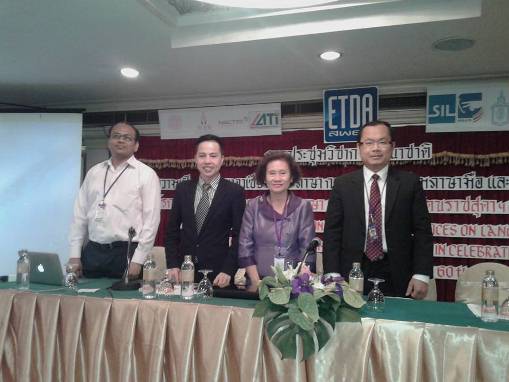As observed by various industry experts, such as Debbie Folaron, Anthony Pym, Alan K. Melby and Alain Désilets, etc., CAT Tools have evolved from their time-consuming rule-based approach to a more efficient corpus-based approach supplemented by hybrid memory based tools and more viable applications such as those used by Google. Many of the service providers offer these tools to the users free of cost and try to engage them in their processes of content writing and translation through crowd-outsourcing.
Crowd-outsourcing, process automation, social media and many other collaborative applications have brought a series of dynamic changes in the localization industry that tends to marginalize the very existence of the professional translators. As Pym suggests, the division of labor in the localization process commonly involves reducing translation to a basic phrase-replacement process and the translator is consequently moved from the level of text and communication to that of the phrase and formal equivalence.
Therefore there is need to critically examine the current trends in translation and localization processes in the Asian context and explore the role of translators in the supply chain while discussing how they are responding to the above mentioned new paradigms in the present context of globalization.
This can be achievred via an exploratory qualitative research that will involve interviewing some of the representatives of the translation business through a semi-structured questionnaire that will cover the above mentioned issues. By further investigating the findings, the potential new roles of the translators under the new paradigms of change, we will be able to critically examine the new changes in detail.
Similalry there is need to to find out how translators can make full advantage of the current technologies for their professional and entrepreneurial development, and thus their larger role in the supply chain.
By Ravi Kumar, Founder, Modlingua Certified Translation Services in New Delhi








